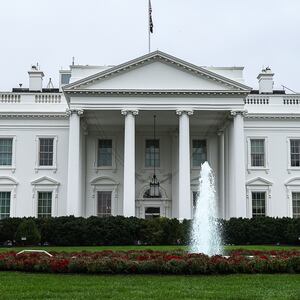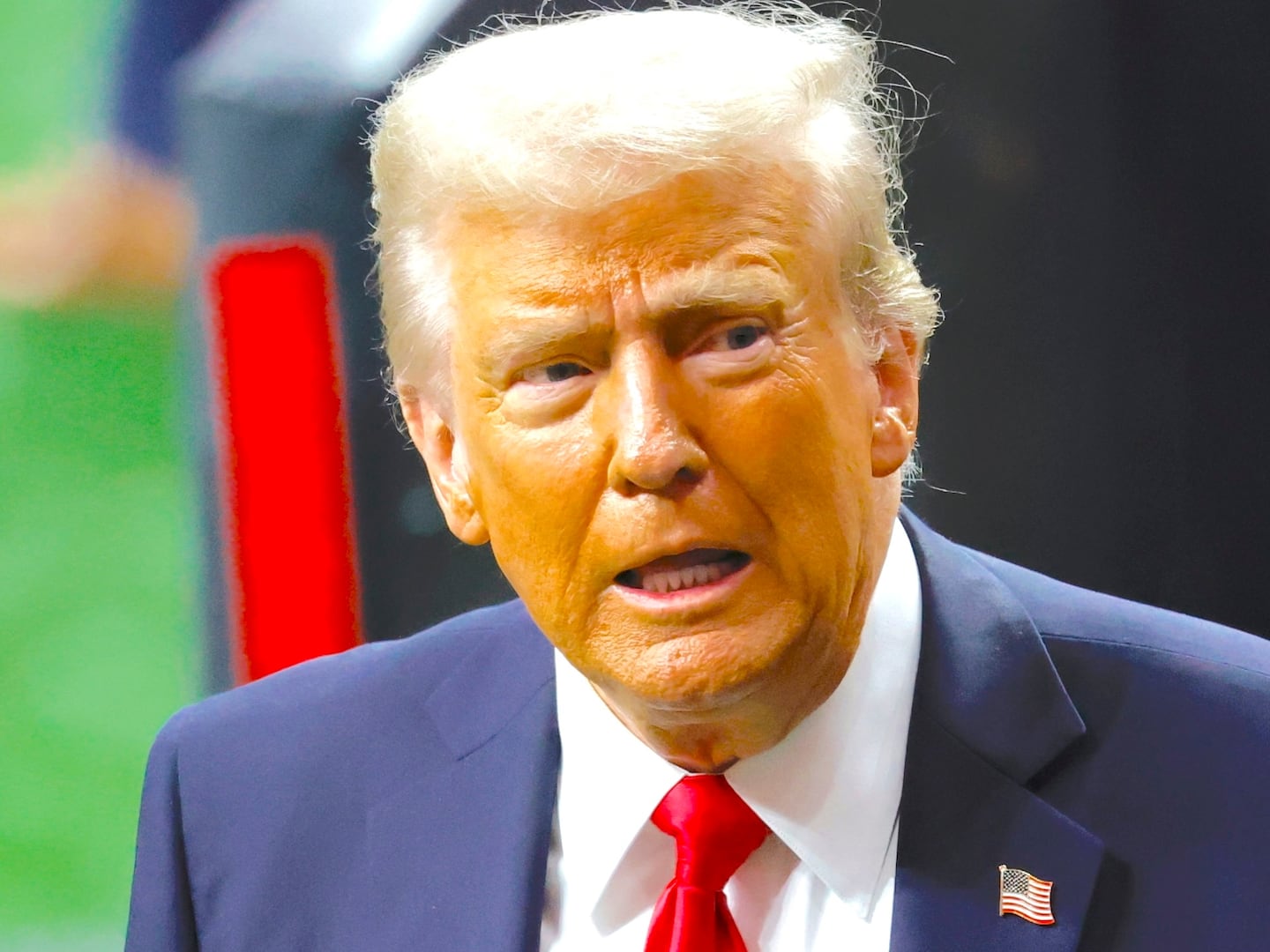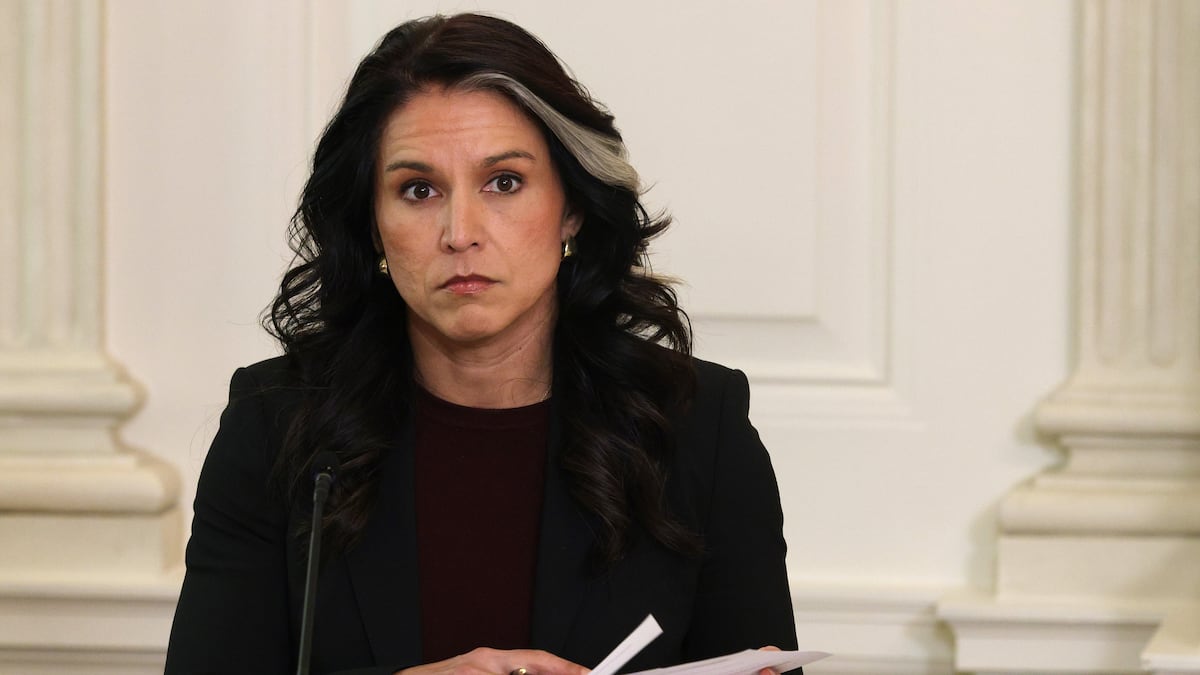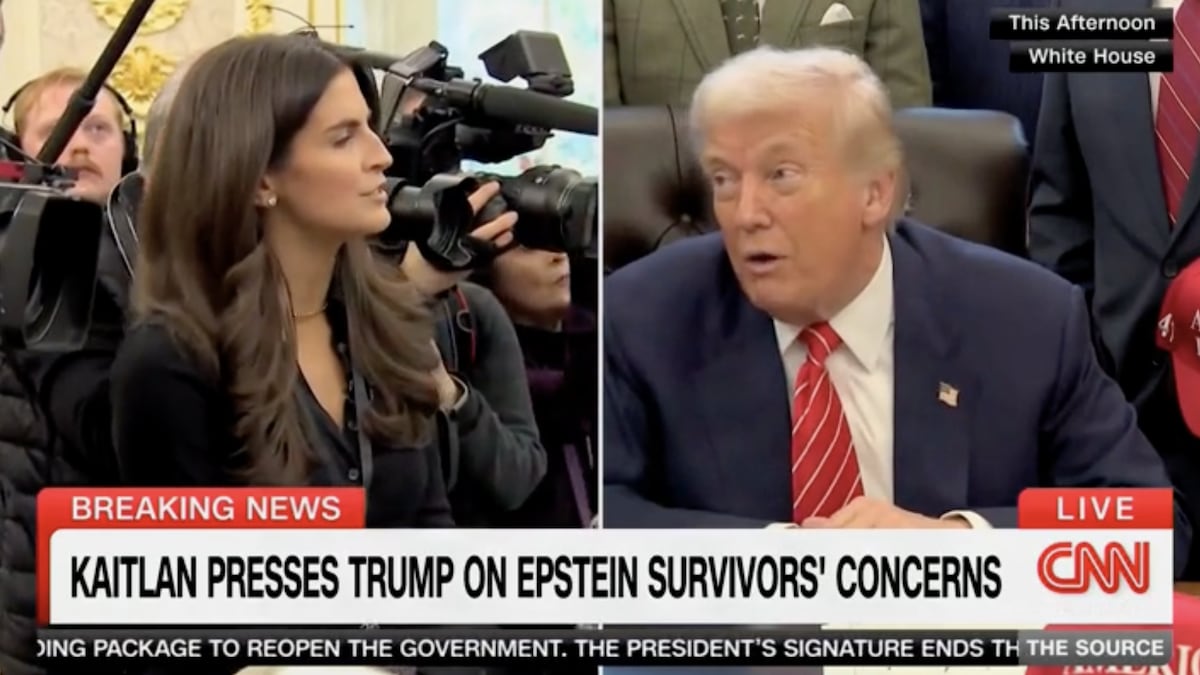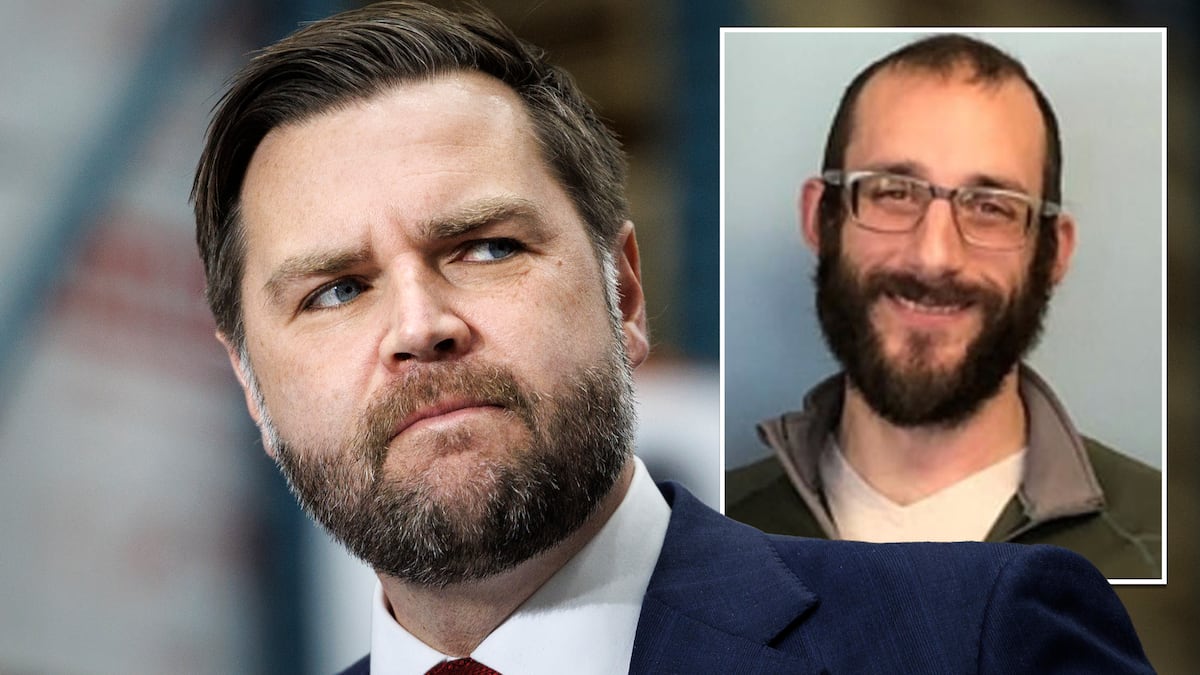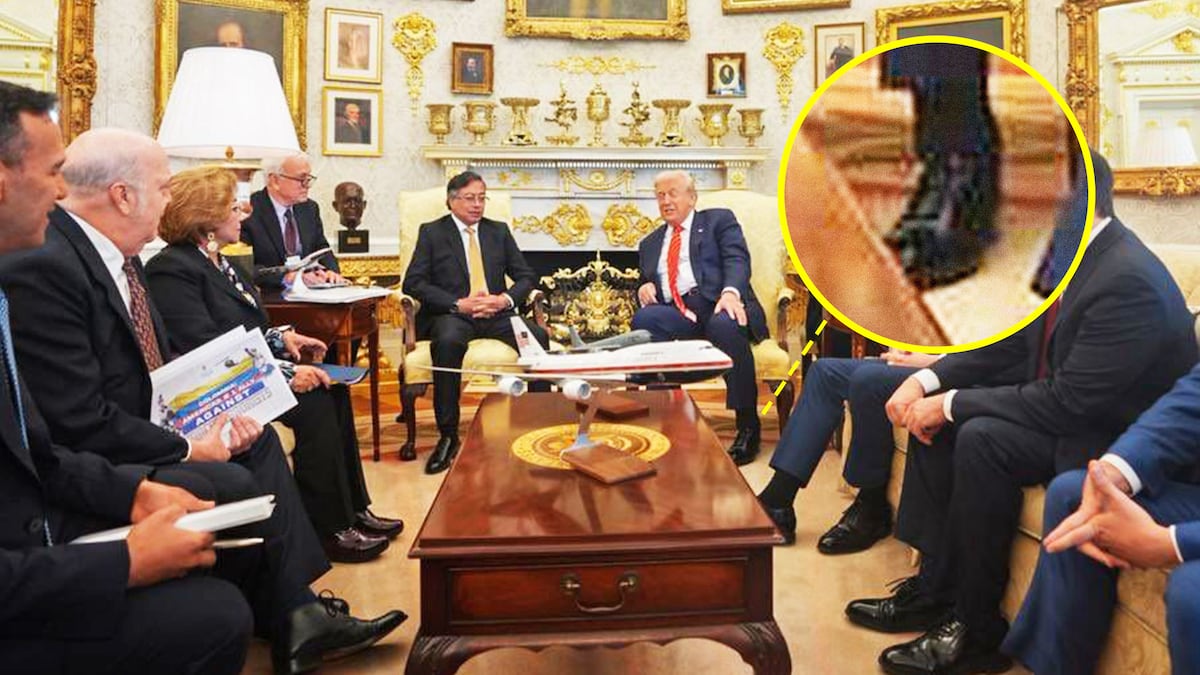President Donald Trump announced on Monday that Israel supported his plan to end the war in Gaza, but it remains to be seen whether Hamas will agree to the framework he set out.
The president appeared with Israeli Prime Minister Benjamin Netanyahu at the White House on Monday, where they sat down for talks behind closed doors before giving a joint statement.
Trump, sounding tired and at times almost incoherent, said that it was not appropriate for him to take questions from reporters on the deal with so much still to be finalized or, as he put it, with “signatures and waiting for approvals from a lot of different countries.”
He announced Israel had agreed to his outline to end the ongoing war in Gaza that has been raging since the terror attack on Israel on October 7, 2023.
“I also want to thank Prime Minister Netanyahu for agreeing to the plan and for trusting that if we work together, we can bring an end to the death and destruction that we’ve seen for so many years, decades, even centuries, and begin a new chapter of security, peace and prosperity for the entire region,” Trump said.
The president thanked other countries in the region for their support in developing the proposal. He said there were many who were part of the conversations, but appeared to confuse names as he rattled off a number of Arab nations and leaders.
“I want to just say that my meetings and dialogue that we had with so many countries, Saudi Arabia as an example, the king is a phenomenal person, the Emir of Qatar, who’s an incredible person. UAE, and that’s NBC and ABC, were totally involved,” he said, jumbling words. “These are the people that we’ve been dealing with that have been actually very much involved in this negotiation giving us ideas.”
He indicated that it was a “take it or leave it” opportunity for Hamas, but said everyone else was on board.
“If Hamas rejects the deal, which is always possible, they’re the only ones left. Everyone else has accepted it,” the president said.
Netanyahu called the proposal a “critical step” toward ending the war and called it “consistent” with Israel’s goals. He warned that if Hamas did not agree to the deal, Israel would “finish the job by itself.”
“This can be done the easy way or it can be done the hard way, but it will be done,” Netanyahu said.
While the president’s remarks were at times hesitant and went completely off topic at some points during the announcement, the White House had already sent out his 20-point “Comprehensive Plan to End the Gaza Conflict” while the two were meeting behind closed doors.
It set out a series of conditions that must be met but could eventually lead to a two-state solution while also barring Israel from annexing Gaza.
It indicates that if both sides agreed to the proposal, the war would end immediately. Israeli forces would withdraw to a line in preparation for a hostage release, during which time all military operations would be paused.
Within 72 hours of Israel publicly accepting the agreement, all hostages, including those living and the bodies of the dead, would be returned.
After the hostages are released, Israel would release 250 prisoners facing life sentences, as well as 1,700 Gazans detained after October 7. It states that for every Israeli hostage whose remains are released, Israel will release the remains of 15 dead Gazans.
Once all the hostages are returned, the proposal said members of Hamas who commit to peacefully co-exist and decommission their weapons “will be given amnesty.” The plan indicated members of Hamas who wished to leave will be provided safe passage to other countries willing to take them in.
It also stated in a separate point that Hamas’ tunnels and weapons production facilities will be destroyed and not rebuilt and there will be demilitarization of Gaza under the supervision of independent monitors.
The plan indicates once the agreement was accepted additional aid would immediately be sent to Gaza, including efforts to rebuild infrastructure including water, sewage and electricity, as well as hospitals and bakeries.

His plan outlines for Gaza to be temporarily governed by a Palestinian committee responsible for day-to-day operations, which will be made up of “qualified” Palestinians and international experts.
It will also face oversight from a new international “Board of Peace” chaired by Trump and other heads of state still to be announced, as well as former British Prime Minister Tony Blair. That supervising body would set the framework and handle spending to redevelop Gaza until the Palestinian Authority completes its reforms.
The president insisted during his appearance with Netanyahu that he did not seek to lead the oversight board but was asked to do it. He also said Hamas will play no role in it.
“My plan calls for the creation of a new international oversight body, the Board of Peace we call it, the Board of Peace, sort of a beautiful name,” Trump said.
“I’m very busy, but we have to make sure this works,” he added. The leaders of the Arab world, and Israel and everybody involved asked me to do this, so it will be headed by a gentleman known as President Donald J. Trump of the United States.”
The plan also calls for a Trump economic development plan to “rebuild and energize Gaza.” It would be created by a panel of experts. The plan suggested investment plans have already been crafted by international groups, but it did not go into detail.

The 20-point plan specifically included that no one would be forced to leave Gaza, but those who wish to do so will be free to go and return.
“We will encourage people to stay and offer them the opportunity to build a better Gaza,” the plan stated.
It said that if the reform program in Gaza is successfully carried out, it could set conditions for a final pathway to “Palestinian self-determination and statehood.”
“What the future holds for the Palestinians, no one really knows, but the plan that we put forward today is focused on ending the war immediately, getting all of our hostages back, getting everything back, hard to believe when you even say it, and creating conditions for durable Israeli security and Palestinian success,” Trump said.
The president appeared exhausted throughout his remarks, sometimes slurring words together and skipping others while taking pauses as he looked down to read.
Trump also attacked his predecessor Joe Biden, touted moving the U.S. embassy to Jerusalem during his first term, and even suggested Iran could get involved as a member of the Abraham Accords.
In another moment, the president accused the U.N. of corruption and complained during his statement once again about his teleprompter not working last week for the start of his general assembly address.

